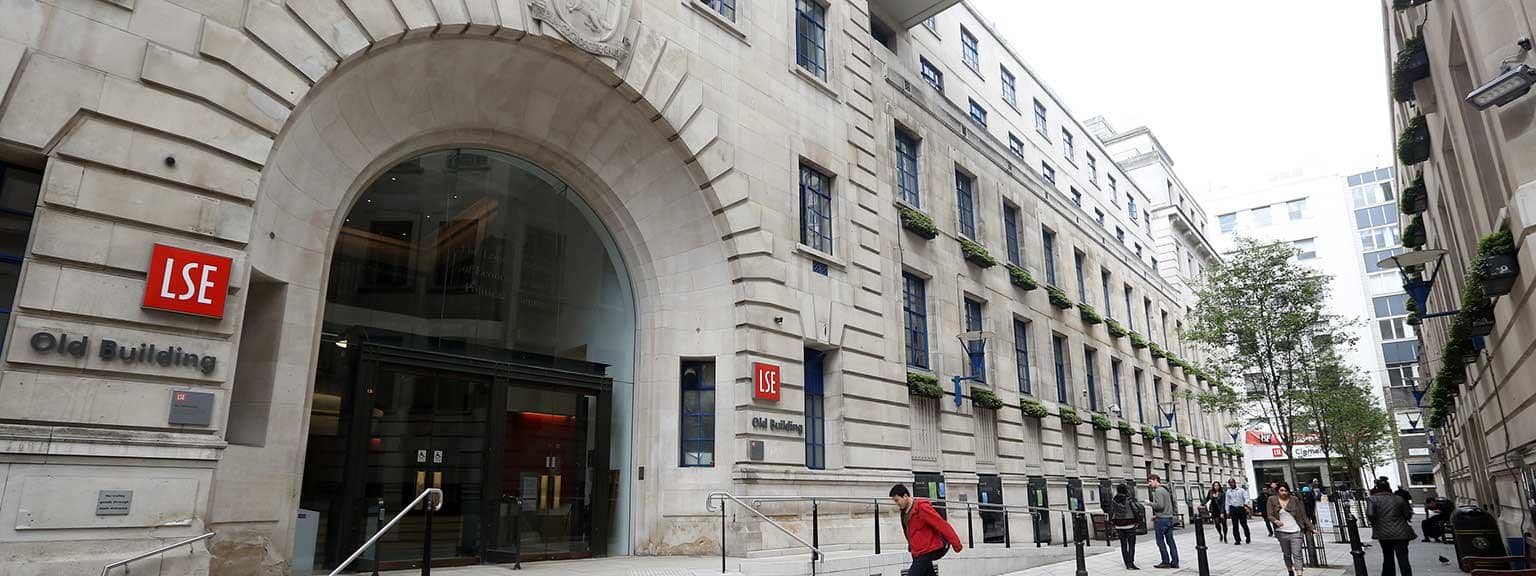
Crowdsourcing the UK Constitution
Over the last couple of weeks the London School of Economics has experimented with crowdsourcing a constitution for the UK using Loomio. Jack Bailey from LSE – Public Affairs has written about the experience so far. Thanks Jack!
My country, the United Kingdom, is an odd one. Unlike most of its neighbours, and most of the world, it has no written constitution. Instead, it has laws, conventions, practices, and activities scattered all over the place that lawyers gather up and describe as the UK constitution.
This is unusual, to put it mildly, and moreover presents us with a problem: In times of political apathy, elites are presented with a chance to push through and entrench unpopular measures secure in the knowledge that their actions are likely to alienate rather than engage the public in politics. If this miserable situation is to change, citizens need to be capable of holding their leaders to account in a meaningful way, and they can’t do that if they don’t know where they stand.
Despite the incredible leaps made over recent decades in information and communication technologies, constitutions are still almost invariably written by groups of “experts”. Recently, Iceland attempted a different approach and invited its citizens to participate in the writing of a new constitution in the aftermath of the financial crisis. Unfortunately, the experiment failed with the election of a new band of experts who put a stop to it before it could be signed into law.
In the UK, where it has been “the powerful, those in the know, and the vested interests that determined what was, or was not, counted as part of the ‘constitution’”, we are left to ponder how to tackle the numerous problems that we face, with invariable sluggishness. To solve this problem, and inspired by the spirit of the Icelandic experiment, ConstitutionUK aims to use social media and events around the United Kingdom to crowdsource a new written that represents the values of our citizens.
The key to the legitimacy of our project is the transparency, breadth and integrity of the process. It would not be enough for us to draw solely on the expertise of a small clique, however qualified. This is everyone’s constitution and not the exclusive preserve of the university educated, politically active, or well connected. As such, the first problem that we faced was finding a service that would allow us to actually do what we set out to do. The lack of platforms with which to make collective decisions was striking, although hardly surprising given that almost all organisations are more akin to fiefdoms rather than democracies.
Fortunately we stumbled across Loomio at the right time, and our small but dedicated group has already made a number of interesting suggestions about how they think that the country should be run and which values they think embody the spirit of the United Kingdom. Not only has Loomio been an integral part of this process, it was the only way that we could undertake this project. Although other solutions exist, invariably, setting them up involves off-putting complexities that discourage potential users from participating. For this reason, Loomio’s simplicity, usability, and transparency has been invaluable.
As for the project itself, we’re always looking for more contributors, especially from countries which already have a written constitution, so if you’d like to get involved I’d strongly urge you to join our Loomio group, and to read or write for our blog.
